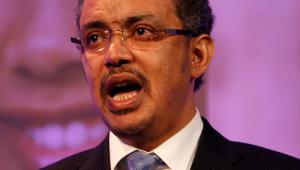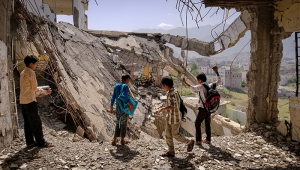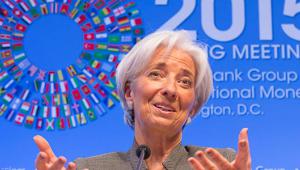Ministers, academics and public health experts from Pakistan, Ethiopia, Italy, France, Hungary and the UK are to vie for the role.
Whoever wins, they will be handed the difficult job of rebuilding confidence in the organisation after it stumbled during the Ebola crisis, attracting heavy criticism.
The chosen individual will succeed Margaret Chan, whose second five-year term comes to an end in June next year. She has held the post since 2006.
WHO member states have had the opportunity to propose candidates since April, with the window for nominations closing last week.
Sania Nishtar, who specialises in cardiology, is Pakistan’s candidate. She founded Heartfile, a health policy think-tank based in Islamabad, and oversaw public health, education, and science for the Pakistani government in 2013. She also chairs the WHO’s commission on ending childhood obesity.
Another former cardiologist, Phillipe Douste-Blazy, is France’s candidate. He is currently a United Nations special advisor, celebrated for promoting the millennium development goals and raising money to fight diseases.
The only other woman in the race is Flavia Bustreo, of Italy, who is currently WHO assistant director general for family, woman and children’s health. She has focused on policy in areas such as child and maternal health.
Hungary’s nominee, Miklós Szócska, is an academic and former minister of state for health – the first one to last for a full four-year term. During his tenure he introduced wide ranging reforms in health regulation, efficiency and sustainability.
In Ethiopia, Tedros Adhanom is seen as an authority on public health. Currently the country’s foreign minister, he has previously headed the health portfolio and is lauded for introducing a number of innovative, system-wide health reforms improving access and outcomes for Ethiopians.
Tedros has the backing of a number of African governments who have come together to fund his candidacy, and he has received widespread acclaim for his research on malaria.
The UK’s candidate, David Nabarro, is currently a special advisor to the United Nations on the sustainable development goals. Trained as a doctor, he has worked extensively overseas and for organisations including DFID and the WHO. In 2010, he led the UN’s response to the cholera epidemic that broke out in the aftermath of the Haiti earthquake, and in 2014, to the Ebola crisis.
The candidates will now present their visions for the organisation and get a grilling from WHO member states and the public in November.
By January 2017, the WHO’s executive board will have settled on a shortlist of five candidates, who they will then interview, before putting three forward for consideration by the World Health Assembly in May 2017, when member states will vote on the new director general.
This represents a break with previous years, when just one candidate was put to the assembly.













